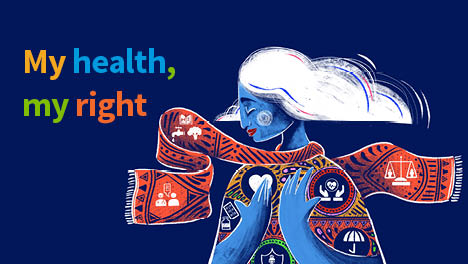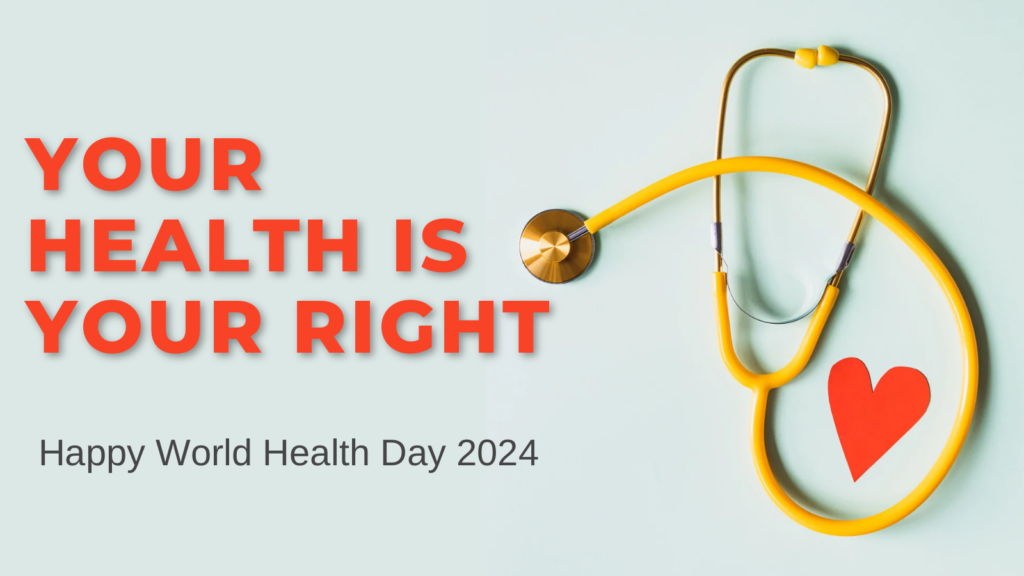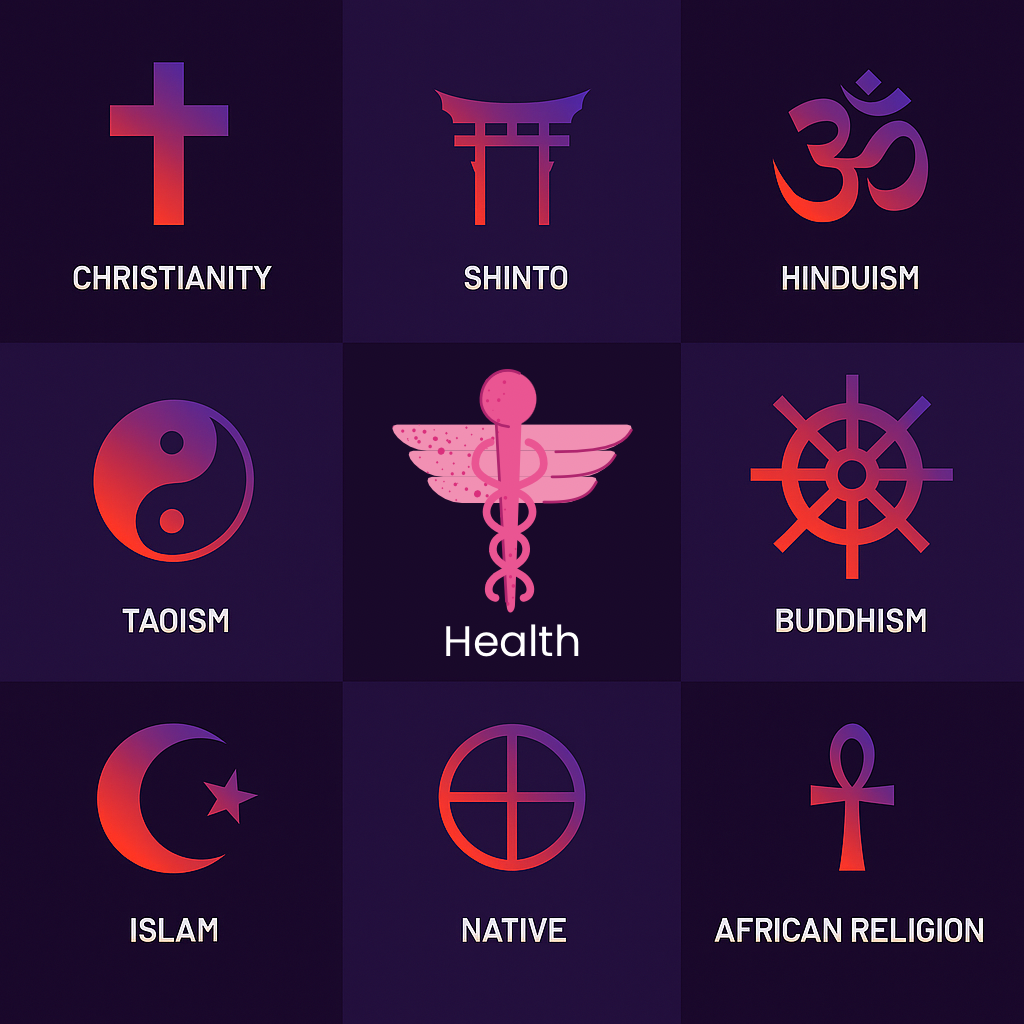The Right to Health
Health is a vital human asset. It is a necessity for human functioning and the realization of dreams and aspirations. Health is a fundamental human right which is to be enjoyed by all without any discrimination. As we mark World Health Day 2024 under the theme, “My Health, My right”, here are a few facts about the right to health:

Fact Number 1: It is Enshrined in Multiple Human Rights Instruments
Globally, the right to health was first mentioned in the World Health Organisation’s 1946 Constitution. It has since been enshrined in multiple international and regional human rights instruments. The list includes the 1948 Universal Declaration of Human Rights, the 1966 International Covenant on Economic, Social and Cultural Rights and the African Charter on Human and Peoples’ Rights (1981) to mention a few.
Fact Number 2: The Full Name
The full name, of the right to health is, “the right to the enjoyment of the highest attainable standard of physical and mental health”. There is a prevailing erroneous notion about the right to health – that the state must guarantee citizens’ good health. States are mandated to formulate and execute policies that contribute to universal access to quality health care and address root causes of ill-health. But no state is in the position to assure its citizens of good health. The reason is that some determinants of good health such as the biological make-up of individuals are not within the control of states. Hence “the right to the enjoyment of the highest attainable standard of physical and mental health” is considered more appropriate. “Right to Health” means that people have access to services and conditions necessary for the realization of good health. Unfortunately, the name is too long, making the “right to health” more convenient and popular. It doesn’t matter which of the names you prefer. What matters is the right understanding of what it means.

Fact Number 3: The Right to Health is an Inclusive Right
The right to health is an inclusive right. This means it is dependent on the realization of other human rights. This is because the determinants of health transcend medical factors. Non-medical factors such as access to: safe water and sanitation, nutrition, adequate housing, health information shape the health of society. Each of the above-mentioned factors is a human right. For instance, access to safe water and sanitation are human rights. Access to nutritious food is a human right. Access to adequate housing is also human right. These give credence to the fact that the right to health is an inclusive right.
I hope you enjoyed the read?
What other facts do you know about the right to health? Please share in the comments section.
Please Subscribe for more.




